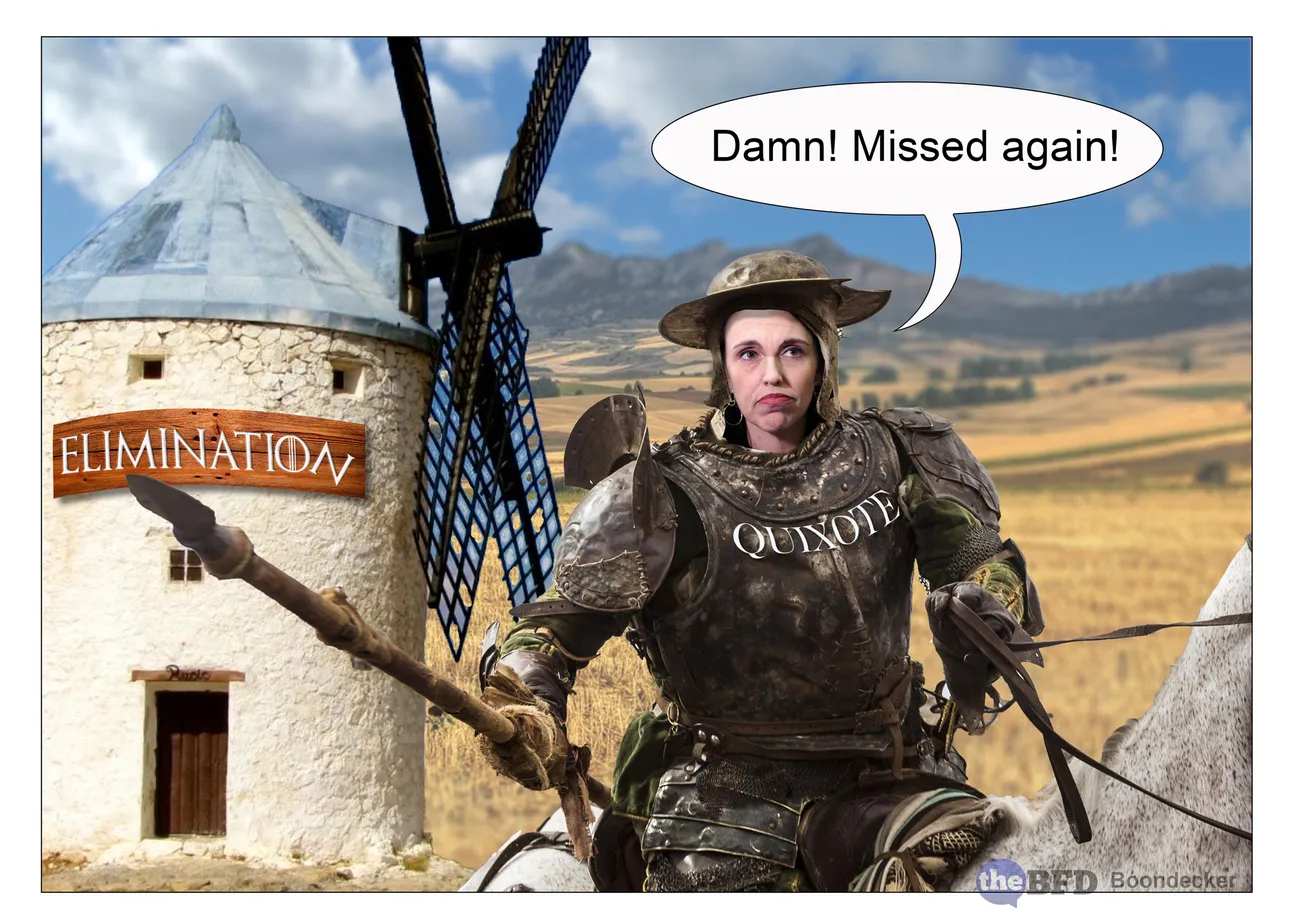David Seymour
ACT Leader
The Government has lost control of COVID-19 and is in dangerous denial.
The Prime Minister stands at the podium looking shellshocked as the Government’s response crashes down around her, complaining that New Zealand’s vaccine roll out is too slow. You have to hand it to her, that’s brave.
It wasn’t so long ago the Government used words like ‘hard and early’ and ‘short and sharp. There’s been nothing short and sharp about the past eight weeks for Aucklanders.
The Hamilton border strategy is a joke, if the Government can’t enforce it, it shouldn’t do it. Following its logic, it should have applied the same rules to the Waikato region, without a proper border it will no doubt spread there anyway.
What’s extraordinary is that they appear to have never thought what they’d do if an inland city on a plain with many roads in and out got a case. What have they been doing for 18 months?
The Government needs to accept it’s failed and plot a new way forward.
We need daily wastewater tests and reporting – this needs to be consistent for the whole country, rapid antigen tests for anyone leaving Auckland not just weekly tests and we need to roll out saliva testing everywhere so it’s easy to get a test.
ACT’s sympathies are with businesses in the Waikato who have had to yo-yo in and out of strict conditions – all because the Government doesn’t know what it’s doing.
We also share the frustration of many New Zealanders who have followed the rules and watched others break the law only for Jacinda Ardern to call it “morally wrong.” These people have broken the law and New Zealanders have a right to expect consequences, not a mild telling off from the podium.
With the eradication strategy no longer viable, there needs to be a change of approach, based on five movements:
1. Recognise that eradication no longer stacks up. We must move to a policy of harm minimisation. This policy should aim to reduce transmission, hospitalisation, and death from COVID at the least possible cost of overall wellbeing.
2. Move from isolating whole cities to isolating only those who it makes sense to isolate. Personal isolation should be restricted to three groups: those who are medically vulnerable and require special protection, those who have recently arrived in New Zealand and are privately isolating, and those who have tested positive as part of widespread surveillance testing.
3. Move from chronic fear and uncertainty and get on a clear path to restoring freedom. We should settle when the vaccine rollout is ‘complete’ and aim to get Kiwis home for Christmas.
4. Move from a ‘government knows best’ approach to an approach of openness, and host all in ‘sprints’. In each sprint, the business community and all of society are invited to help reach clearly identified goals of lower transmission rates, hospitalisations and deaths, in time for reopening.
5. The entire tone of New Zealand’s COVID response should shift from fear and a singular focus on public health to a focus on maximising overall wellbeing.
New Zealanders are tired of the uncertainty. We’re ready to open up to the world, get back to school, get back to business, regain our freedoms, and live our lives to our best potential.









